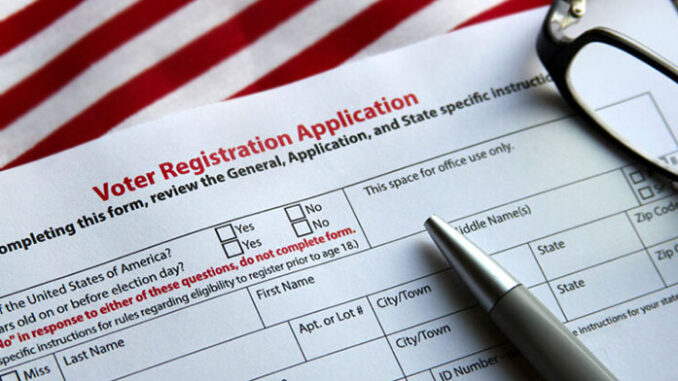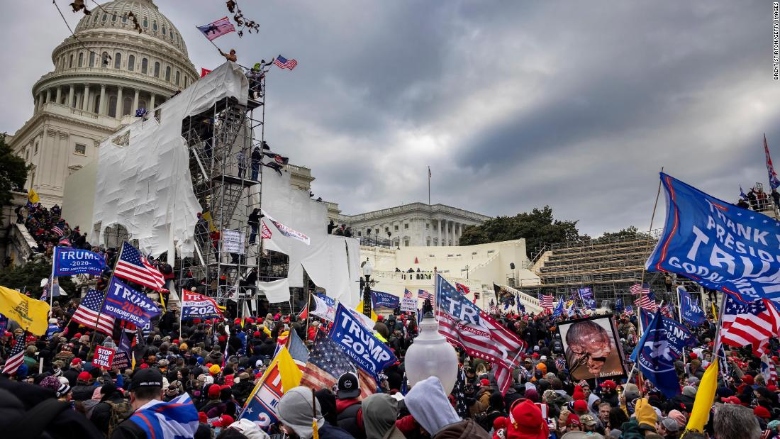A major legal battle is unfolding in Arizona as a Maricopa County judge has ordered an evidentiary hearing regarding a lawsuit aimed at revealing the identities of 218,000 voters who may have registered without providing proof of citizenship. The lawsuit, filed by America First Legal on behalf of the Strong Communities Foundation of Arizona, claims that the state’s Secretary of State is illegally withholding public records on these voters, sparking concerns about election integrity.
Judge Scott Blaney’s order emphasized the importance of the case, noting, “The Court also notes that Plaintiff’s action seeks disclosure of a list(s) of nearly 220,000 Arizona voters that the Secretary has identified…as voters who were registered to vote without providing required documentary proof of citizenship.” This issue, the court pointed out, is a matter of “statewide importance and public interest.” The hearing is set for October 28, just days before a critical election.
The lawsuit arose after a startling discovery earlier this year. Initially, Arizona officials believed around 98,000 voters were registered without proof of citizenship. But weeks later, this number more than doubled to approximately 218,000. The reason given by the Secretary of State’s office for this error was a system glitch, supposedly affecting voters who obtained their Arizona driver’s licenses before 1996, when proof of citizenship wasn’t required.
While officials claim that most of the affected voters are Republicans, the Arizona Secretary of State, Adrian Fontes, has not yet released the list of voters in question. This has left many questioning the true nature of the glitch and whether these voters are, in fact, legally allowed to vote. With the election fast approaching, the timing of this revelation has intensified concerns about voter fraud, leading some to wonder whether past elections could have been compromised.
Tensions escalated when the issue was brought to public attention by Maricopa County Recorder Stephen Richer in mid-September. Richer filed a lawsuit on September 17 asking the court to designate the affected voters as “federal only” voters, which would restrict them from participating in state and local races. Under Arizona state law, voters who have not provided proof of citizenship can only vote in federal elections. However, the Arizona Supreme Court quickly ruled that these voters would be allowed to vote on the full ballot in this election, adding further complications to the matter.
While it might seem that allowing the affected voters to cast ballots in local elections could benefit Republicans if the Secretary of State’s claim that they are “mostly Republican” holds true, there are growing concerns that the situation could actually allow illegal voters to participate. Many Republicans are questioning whether this is a deliberate effort to enable non-citizens to influence local elections, a suspicion heightened by the Secretary of State’s reluctance to provide information about these voters.
The lawsuit has also cast a spotlight on the actions of Arizona’s top Democrats, including Secretary of State Adrian Fontes, Governor Katie Hobbs, and Attorney General Kris Mayes. According to some reports, the trio allegedly conspired during a September phone call to keep the glitch hidden from the public and prevent a backlash ahead of the election. The idea, according to those familiar with the call, was to stage a lawsuit filed by Richer, thereby shifting blame away from the officials themselves. As part of this alleged plan, the officials reportedly admitted that the glitch validates concerns about illegal voting in Arizona and could make every election since 2004 open to challenge.
Despite these accusations, the Secretary of State’s office continues to withhold the list of 218,000 voters, citing privacy and safety concerns. In an emergency motion filed Thursday, the Secretary of State requested that an expert in political violence be allowed to testify about the potential risks of releasing the voter information to county officials and Strong Communities Foundation of Arizona. The plaintiff in the case, Merissa Hamilton, founder of Strong Communities Foundation of Arizona, has criticized these tactics, calling them “political stunts” aimed at delaying the disclosure until after the election.
Hamilton’s lawsuit seeks to make the list public, arguing that the voters’ eligibility is a matter of public interest. With so many registered voters potentially lacking proof of citizenship, she contends that transparency is crucial to maintaining the integrity of Arizona’s elections. However, the Secretary of State’s office has remained firm in its position, further fueling suspicions of foul play.
As the October 28 hearing approaches, the outcome of this case could have significant implications not just for Arizona’s upcoming election but for the legitimacy of its entire voting system. With the court now involved and the public watching closely, the demand for answers is growing, as many Arizonans are left wondering who these 218,000 voters are and whether they are legally entitled to cast ballots in this crucial election.
“This hearing is regarding Fontes’ refusal to release the list of 218k AZ voters without proof of citizenship on record to either the Recorders, the Legislature, or the Public. He claims a technical issue caused the system to not flag the voters as needing proof of citizenship,” said Hamilton in an X post announcing the new order in the case.
“Yet, why all the secrecy? What is Fontes hiding that he won’t even release it to other government officials responsible for the voter rolls or the oversight of our elections?” Hamilton asked.
🚨BREAKING: RE Public Records 218k AZ Voters without Proof of Citizenship Secretary Fontes won't give to Recorders
The Honorable Scott Blaney of Maricopa County Superior Court has ruled that an evidentiary hearing can proceed now as it is a "matter of statewide importance and… pic.twitter.com/u2obuyKbdU
— Merissa Hamilton 🗳 ⛽ 🗽🔥 (@merissahamilton) October 17, 2024
Huge thanks to @America1stLegal @jenwesq for staying persistent in fighting for secure, honest and accurate elections!
— Merissa Hamilton 🗳 ⛽ 🗽🔥 (@merissahamilton) October 17, 2024


Does a Secretary of State of a state have authority over federal elections? Would that not be a federal jurisdiction?